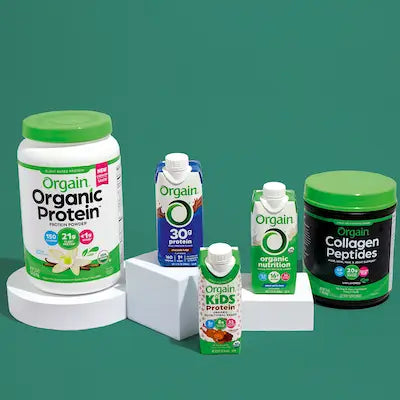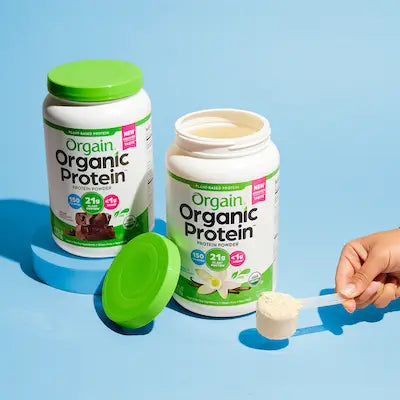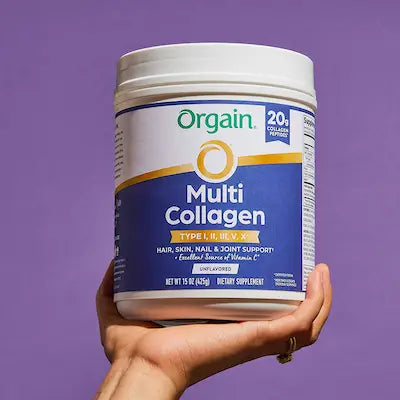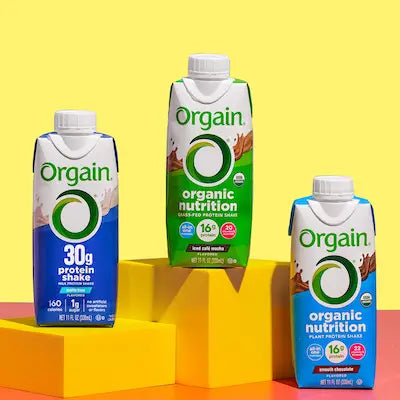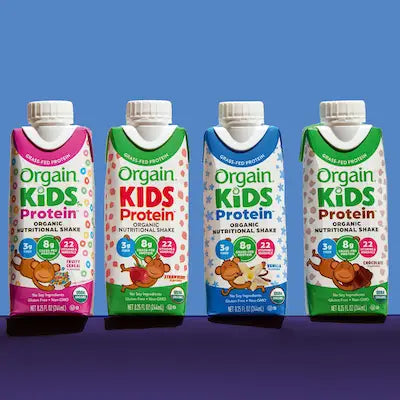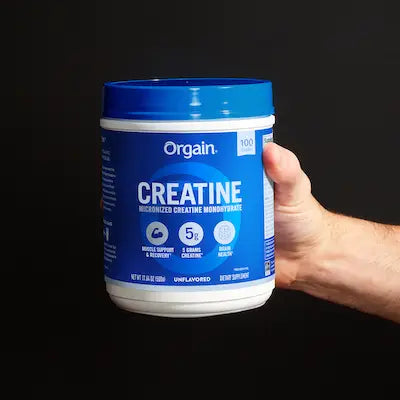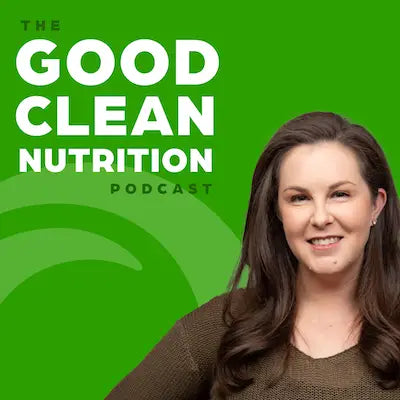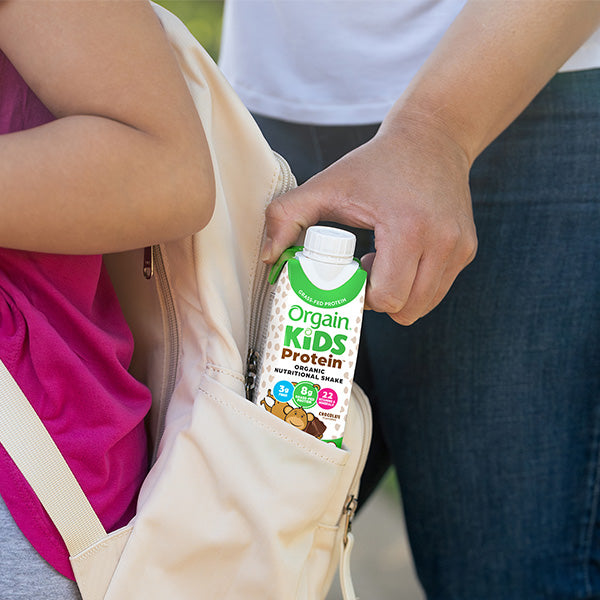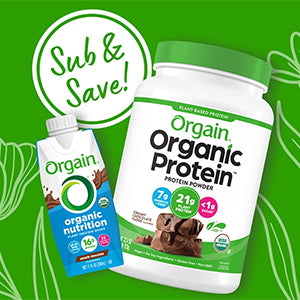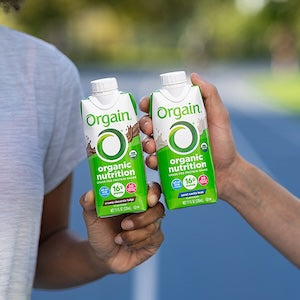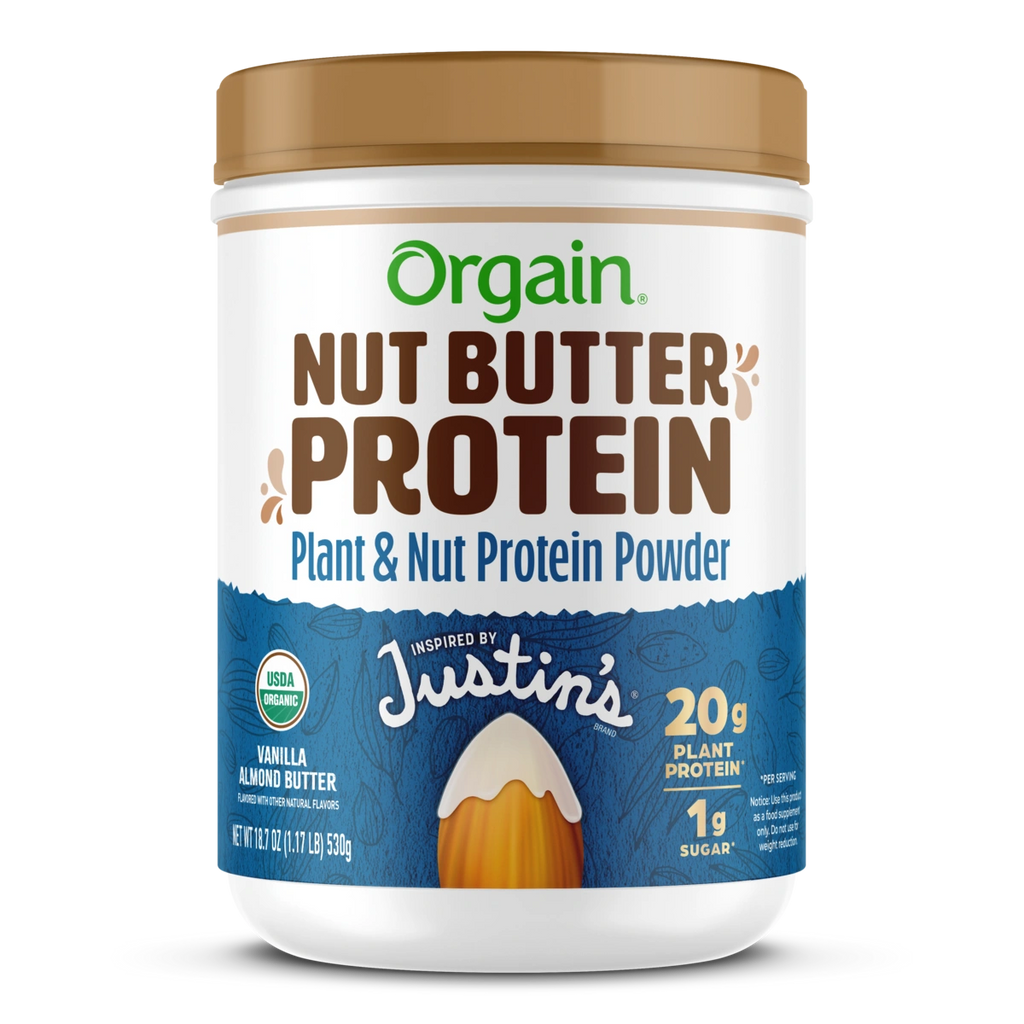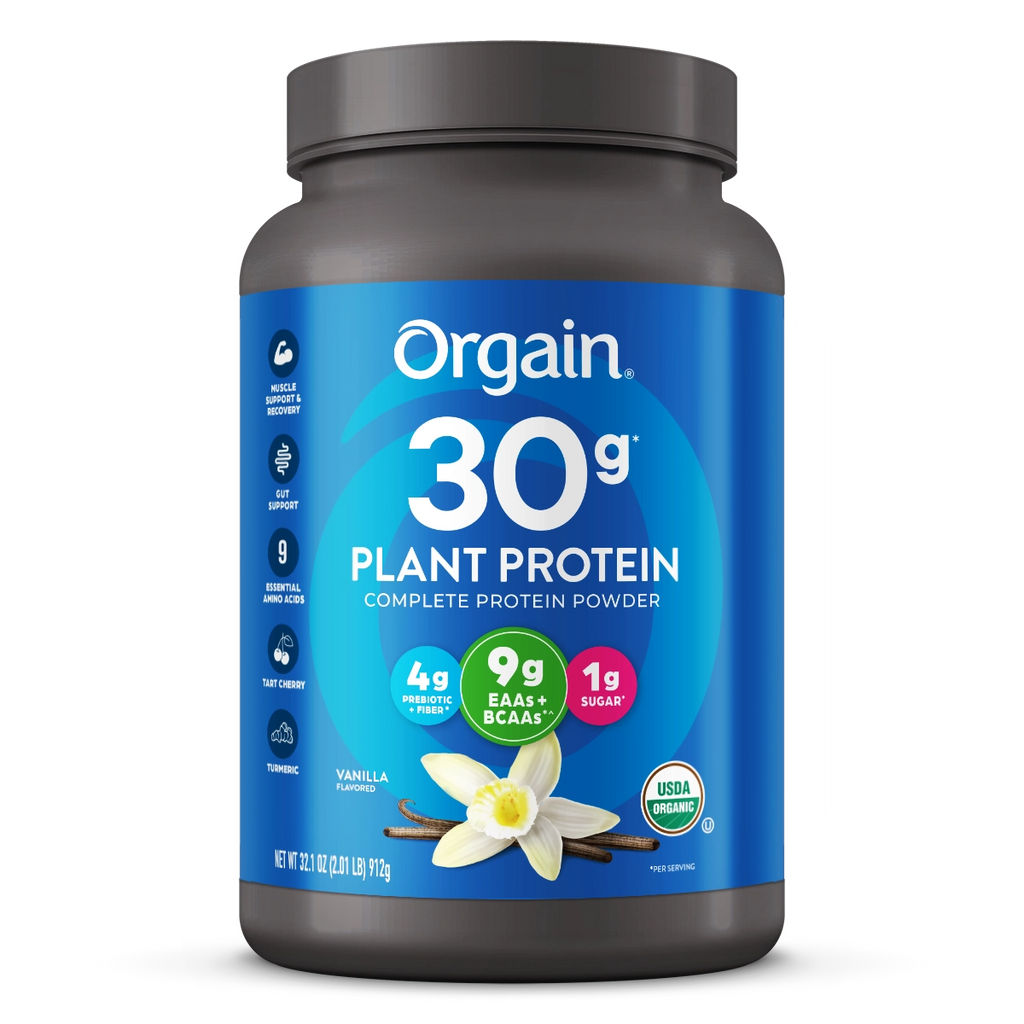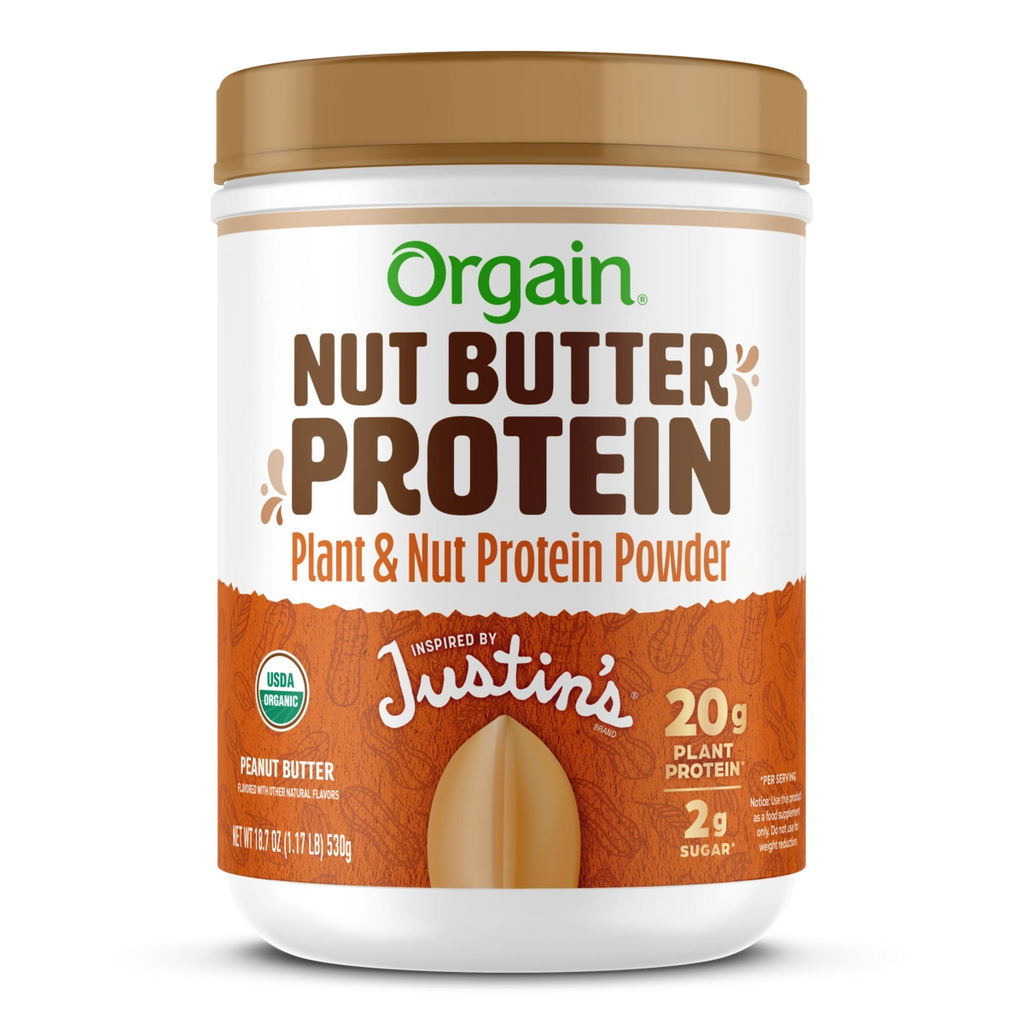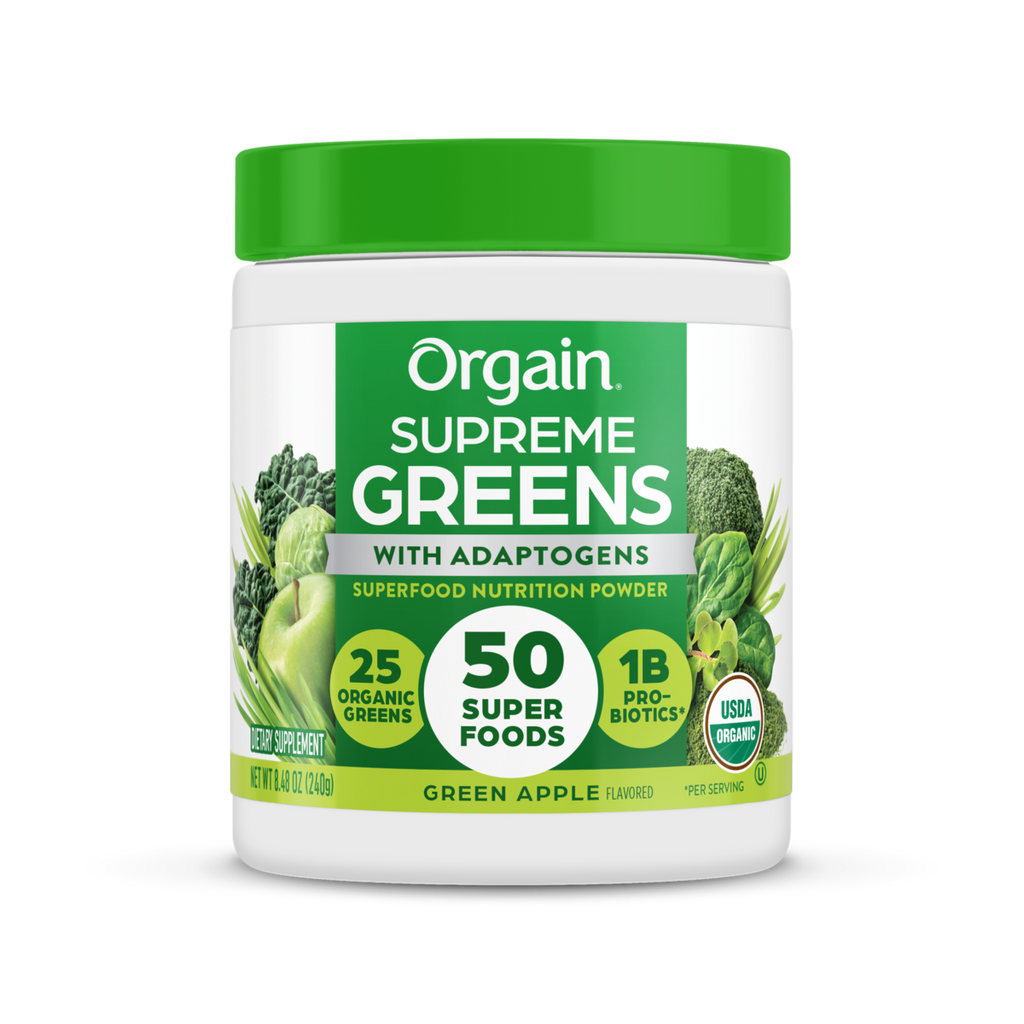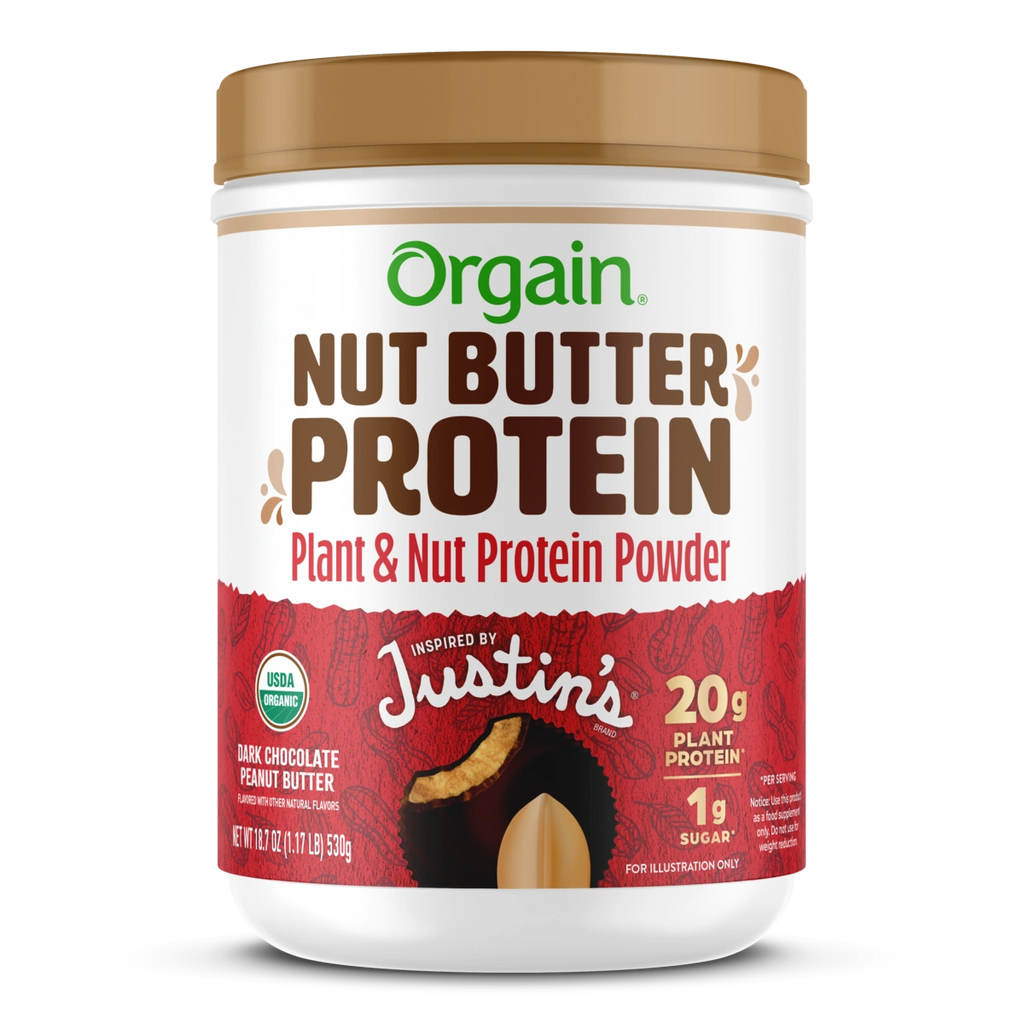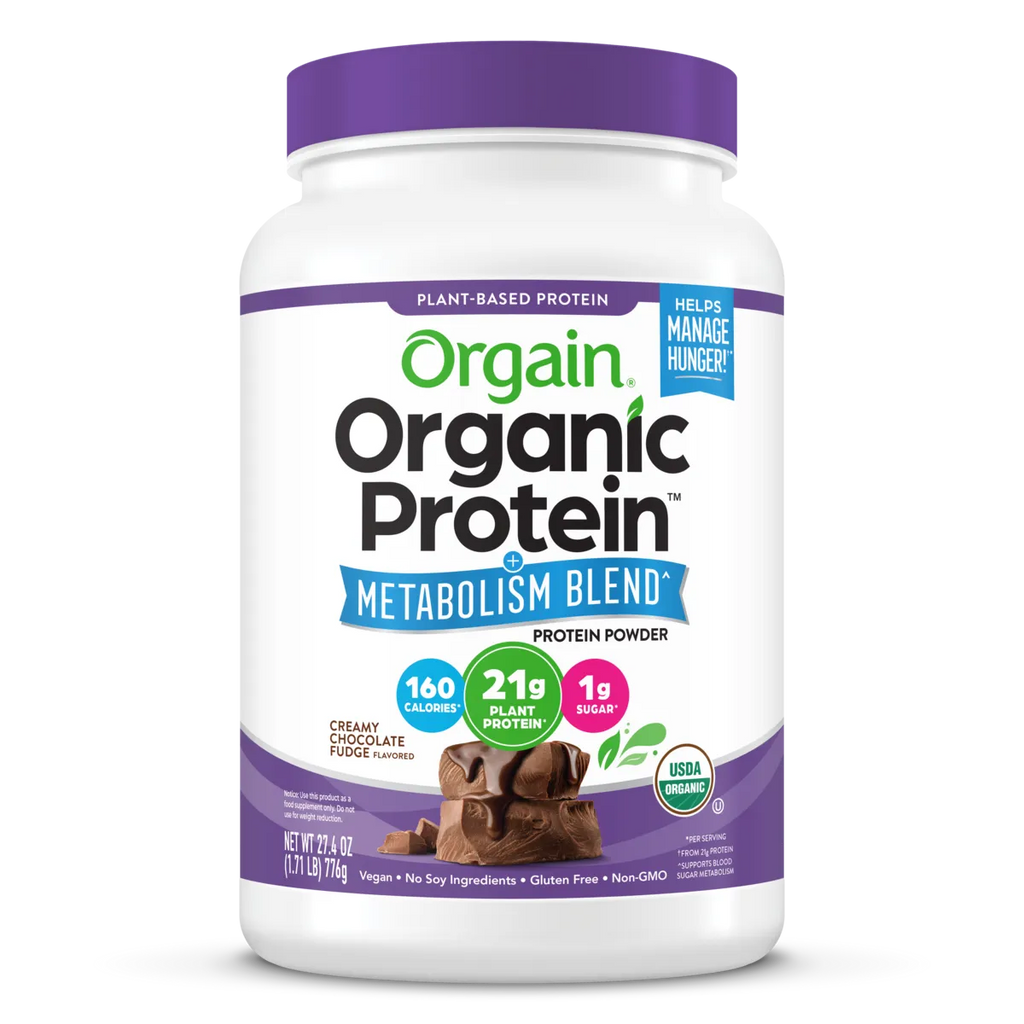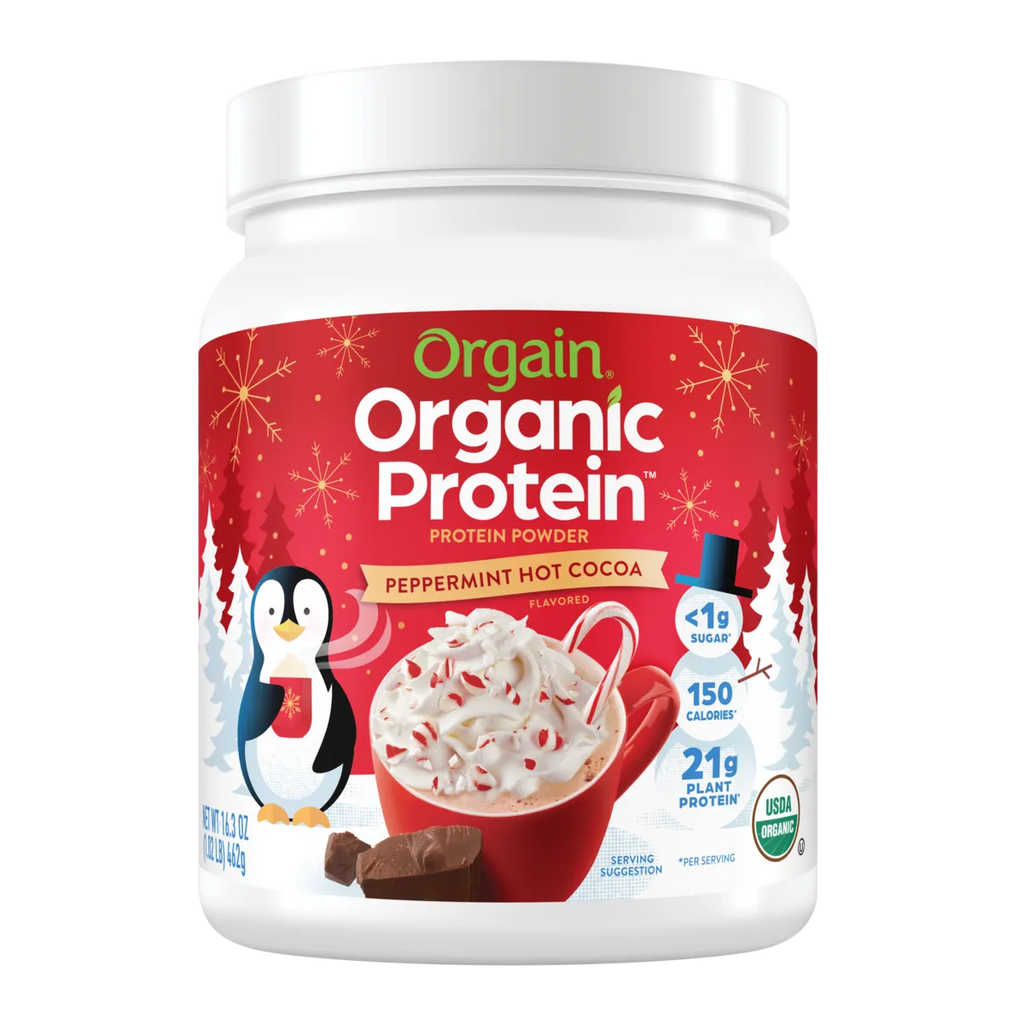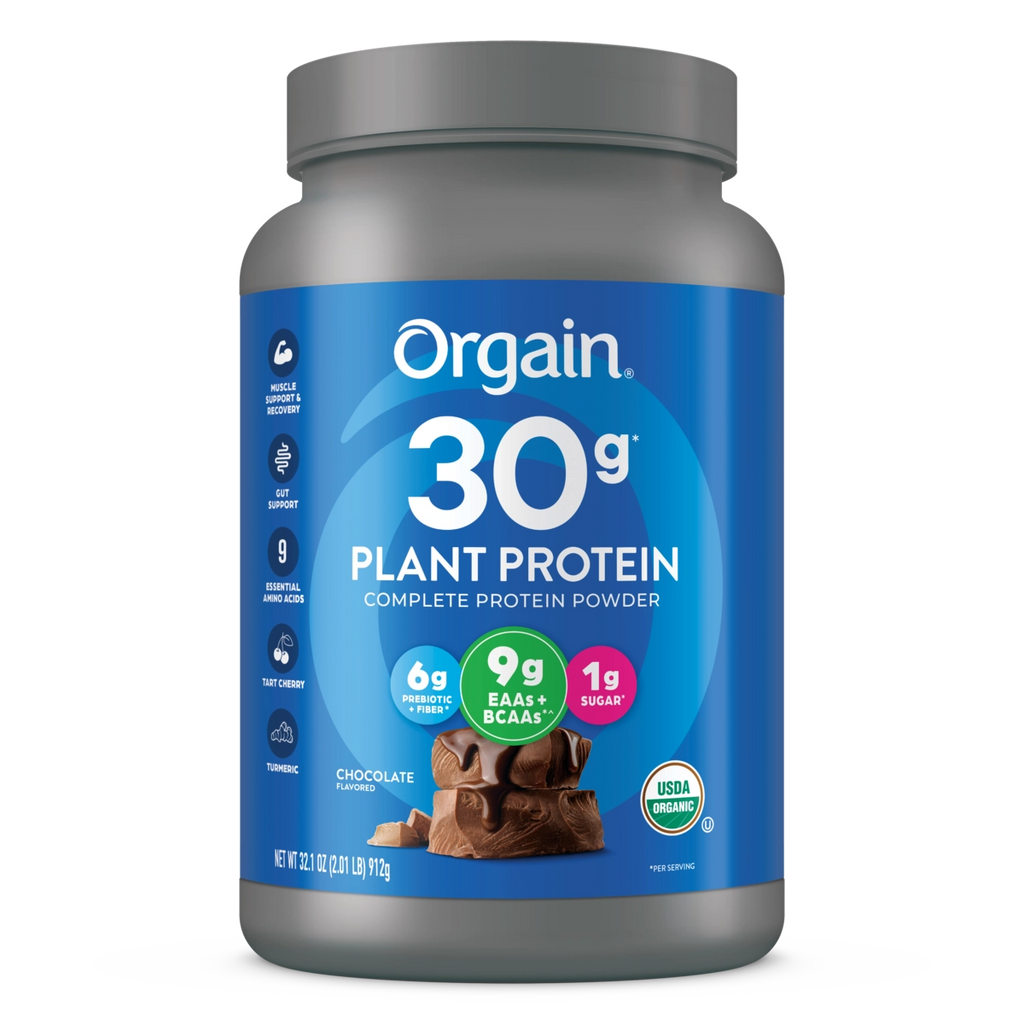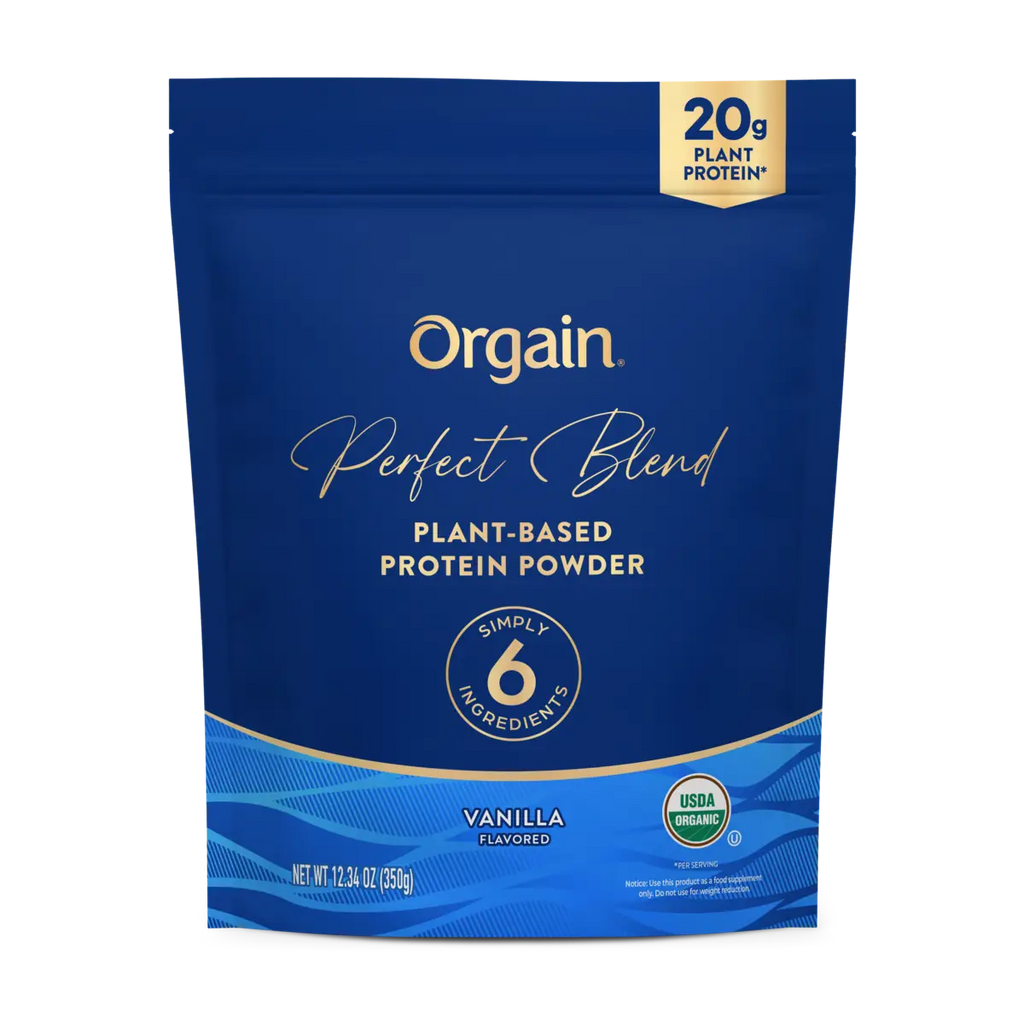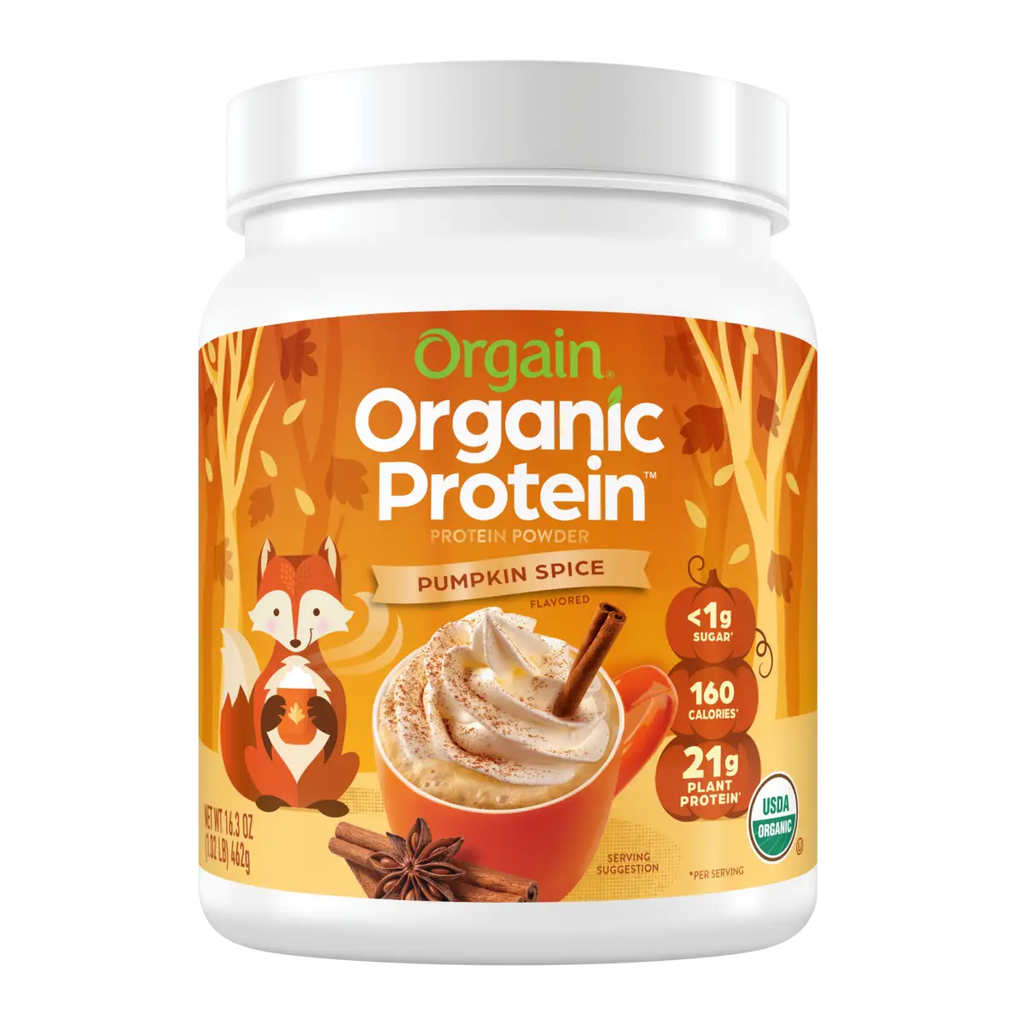The Power of Protein By Sierra Nielsen So what’s the big deal with protein? What most people don’t realize is this super powerful nutrient is literally used in every single cell in our body and is critical for daily function. Not only is it important for building muscle mass, but also in supporting neurological function, digestion, balancing hormones, supporting energy levels and metabolism, keeping our mood upbeat and building and repairing tissue.
But what exactly are proteins? Simply put, proteins are long chains of amino acids. Without an adequate intake of amino acids our bodies are put in a net negative protein balance. Unlike carbohydrate and fat content of the body, it’s quite difficult to maintain a consistent amino acid balance without ingesting protein through our diets. Our bodies do, however, have the ability to make certain amino acids, the 12 non-essential ones. The other 8 amino acids, known as the essential amino acids, must be supplied by the diet. Each of the amino acids are unique and serve a certain purpose in the body so it’s important to eat a variety of high-protein foods. Symptoms you may experience from eating too little protein include:
- Low energy
- A sluggish metabolism
- Harmful blood sugar changes
- Moodiness
- Trouble losing weight
- Trouble building muscle mass
- Brittle hair or hair loss
- Low immunity
- Poor concentration
- Muscle, bone and joint pain
Protein intake is particularly important as you begin your strength training journey. Without sufficient amount of protein intake in your diet, you may be wasting your time at the gym pumping those weights. Your muscles are simply not going to grow unless you feed them! Protein is particularly important after a strength training exercise. During strength training, you are purposefully damaging your muscle tissues, so you need extra protein to help repair the damage and help them grow back stronger. Along with aiding in speedy recovery, a protein rich diet will also help with reducing muscle loss, building lean muscle, maintaining a healthy weight and curbing hunger.
So what are some good sources of protein? When determining protein quality, complete proteins such as meat, poultry, eggs and fish rank the highest. Some plant proteins such as quinoa and buckwheat are also complete proteins, but are often lower in total protein when compared to animal foods. A few really great lean protein sources are listed below:
- Turkey
- Chicken Breast
- Grass-fed Beef
- Eggs & Egg White
- Salmon
- Tuna (Low-sodium canned)
- Ahi Tuna
- Halibut
- Mahi Mahi
- Trout
- Nuts
- Beans
- Greek Yogurt
-
Protein Bars (be cautious of ones packed with sugar!)
- Whey Protein
- Organic Plant-Based Protein (My favorite is Orgain)
And finally, how much should you be consuming? We all need different levels of protein based on our exact needs, weight, gender, age and level of activity. However, a general rule of thumb, take your bodyweight and multiply it by 0.36. That’s the amount of protein your body needs just to live and function properly. As you begin your training program, it’s best to increase your intake to 1 gram of protein per pound of body weight. Depending on your training regimen and goals, you may need to take in even more. So as you prep your next meal, don’t forget to power up with protein! Happy Eating!
